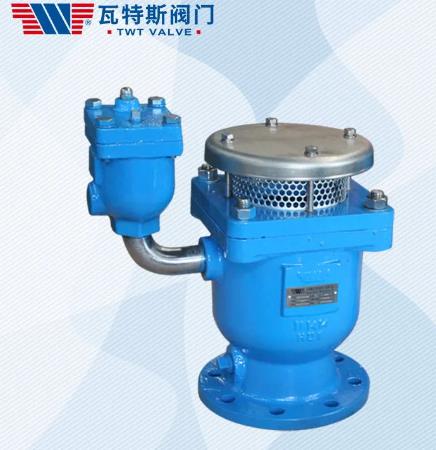Quick release air valves are important components in pneumatic systems, which are systems that use compressed air to transmit power. These valves are designed to rapidly release compressed air from a system in order to achieve a specific effect or outcome.
Emergency air brake systems: Quick release air valves are used in emergency air brake systems on vehicles such as trains and trucks. These valves are designed to quickly release compressed air from the brake system in the event of an emergency, bringing the vehicle to a stop.
Pneumatic cylinders: Quick release air valves are used to control the actuation of pneumatic cylinders. By rapidly releasing compressed air from the cylinder, the valve can quickly retract the piston or rod in the cylinder.
Air-powered tools: Quick release air valves are used in air-powered tools such as impact wrenches, drills, and grinders. These valves allow the compressed air to be released rapidly, which provides the necessary power for the tool to operate.
Air suspension systems: Quick release air valves are used in air suspension systems on vehicles such as trucks and buses. These valves allow the air suspension system to quickly adjust the ride height of the vehicle according to the weight of the load being carried.
Compressed air systems: Quick release air valves are used in compressed air systems to rapidly release pressure from the system in order to prevent damage or injury. For example, if a pneumatic hose were to rupture, the quick release valve would allow the compressed air to be safely released from the system.
Overall, quick release air valves play a critical role in many different applications that require the rapid release of compressed air.
Pneumatic systems use compressed air to transmit power, and they typically consist of several important components that work together to create and control the flow of compressed air. In addition to quick release air valves, some other important components in pneumatic systems include:
Compressors: Compressors are used to generate compressed air, which is the power source for pneumatic systems. Compressors range in size from small portable units to large industrial systems.
Air treatment components: Air treatment components such as filters, regulators, and lubricators are used to ensure that the compressed air is clean, dry, and at the correct pressure and lubrication level for the pneumatic system.
Control valves: Control valves are used to control the flow of compressed air within the system. They can be used to turn the system on and off, regulate the pressure, and control the direction of air flow.
Actuators: Actuators are devices that convert the energy of compressed air into mechanical motion. Examples of actuators include pneumatic cylinders, rotary actuators, and grippers.
Fittings and tubing: Fittings and tubing are used to connect the various components of the pneumatic system together. quick release air valve They come in a variety of sizes and materials to suit different applications.
Pressure gauges: Pressure gauges are used to measure the pressure of the compressed air within the system. This information is important for ensuring that the system is operating at the correct pressure and for diagnosing any problems that may arise.
Overall, pneumatic systems are complex and require careful design and selection of components in order to function properly. Each component plays a critical role in the performance of the system, and the failure of any one component can lead to system downtime and reduced productivity.

Copyright:@2020-2021
Comments Please sign in or sign up to post.
0
0 of 500 characters used